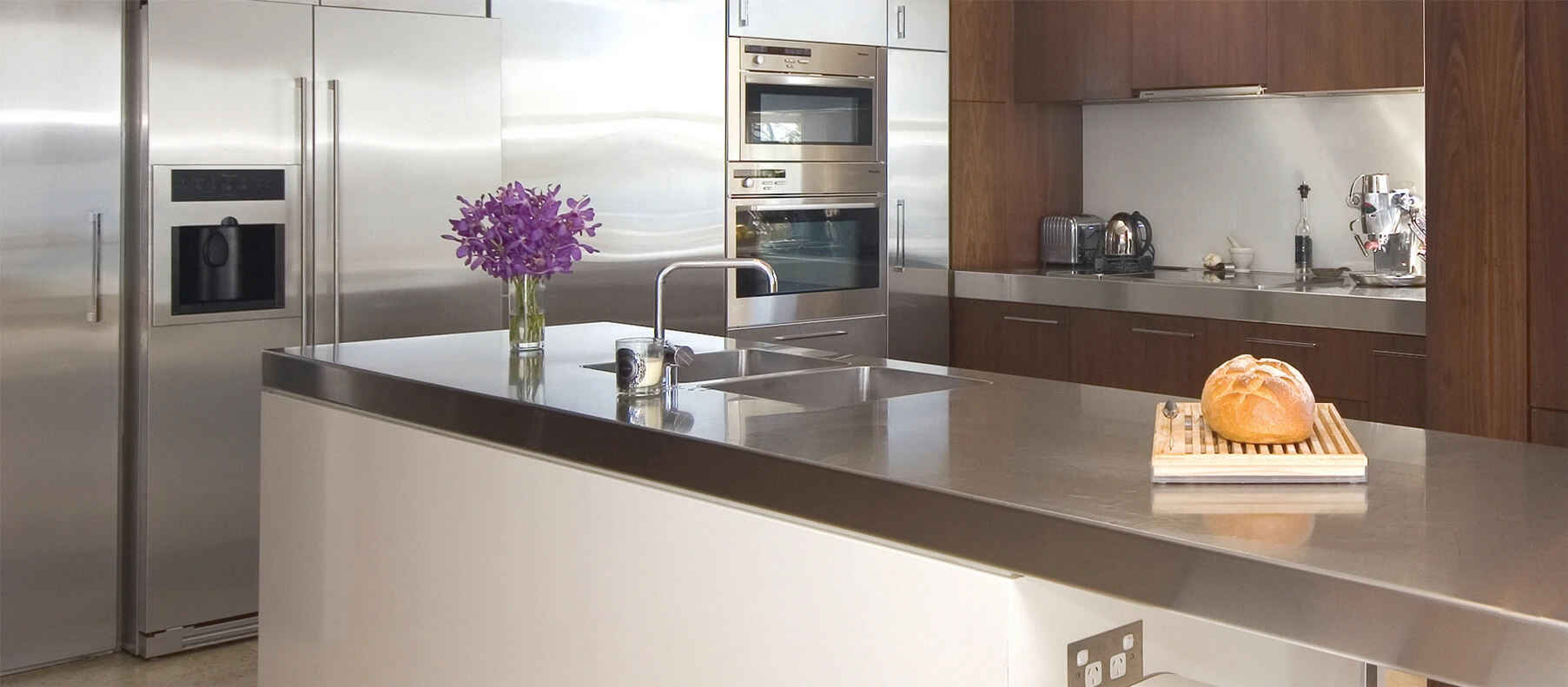These are the Most Common Broken Appliances You Have Been Living With

You rely on various home appliances to make life easier. Of course, this means it’s incredibly inconvenient when they break down. Here are the top five most common broken appliances and how to deal with them.
What to Do with Broken Appliances
When you’re faced with a broken washing machine, dryer, refrigerator, dishwasher, or garbage disposal, it’s almost always worthwhile to pursue appliance repair before considering a replacement. Have a repair technician diagnose the problem and quote you a repair price.
Then, as you weigh your options, make sure you consider the purchase and installation costs along with the cost to dispose of your broken appliance. Depending on the equipment’s age and the extent of the damage, it could be cost-effective to repair rather than replace.
However, if it turns out replacement parts aren’t available, or the repair is too expensive, be sure to dispose of your broken appliances properly. This is especially important for refrigerators and freezers, which contain coolant that is harmful to the environment. Contact a local recycling center to pick up your equipment, possibly for a rebate toward a new, high-efficiency appliance.
Broken Washing Machine
Most manufacturers say you should get at least 10 years out of your washing machine before it starts giving out. If your washer is decades old, replacement parts may be difficult to come by.
To prevent breakdowns, first make sure your washer is installed correctly. Then, always check your pockets so you don’t accidentally wash something that could damage the drum or get sucked down the drain line. Finally, never stuff the washer full, and use the recommended amount of detergent.
Broken Dryer
Most washers and dryers are sold in pairs. As with the washing machine, you might start experiencing dryer breakdowns after about 10 years.
To improve airflow and prevent overheating, clean the lint screen after every load and hire a professional to blow out the vent once a year. Then, clean the moisture sensor with rubbing alcohol to help your dryer run more efficiently.
Broken Refrigerator
If you bought your refrigerator 10 to 13 years ago, it could start acting up any day now. Fortunately, repairs are usually an option to extend the life of your fridge.
To prevent breakdowns in the first place, remember to dust the condenser coils on the bottom or back of the fridge twice a year. Keep the refrigerator stocked with food, and never leave the door hanging open so the condenser doesn’t have to work as hard.
Broken Dishwasher
As with the other major appliances in your kitchen and laundry room, dishwashers typically start to wear out after 10 to 13 years.
To prevent seals, gaskets, and hoses from dry-rotting, run your dishwasher regularly. Refrain from washing anything except dishes in this appliance. Also, run empty cleaning cycles once a month with sugar-free lemonade mix where the detergent goes. This dissolves clogs and minimizes deposits inside the dishwasher.
Broken Garbage Disposal
Garbage disposals start wearing out after about 12 years. With the proper care, you might be able to extend the life of this small appliance to 15 or even 20 years.
To prevent breakdowns, never put non-food items down the kitchen sink. Also, dispose of fruit pits, corn stalks, chicken bones, and other hard or fibrous objects in the trash to spare your garbage disposal.
Schedule Appliance Repair Today
No matter what common broken appliances are giving you trouble, let Mr. Appliance® take a look. We’ll offer our expert advice regarding whether to pursue a repair or replacement.
To schedule an in-home diagnosis and repair quote, please contact Mr. Appliance today.
 Click to call
Click to call


